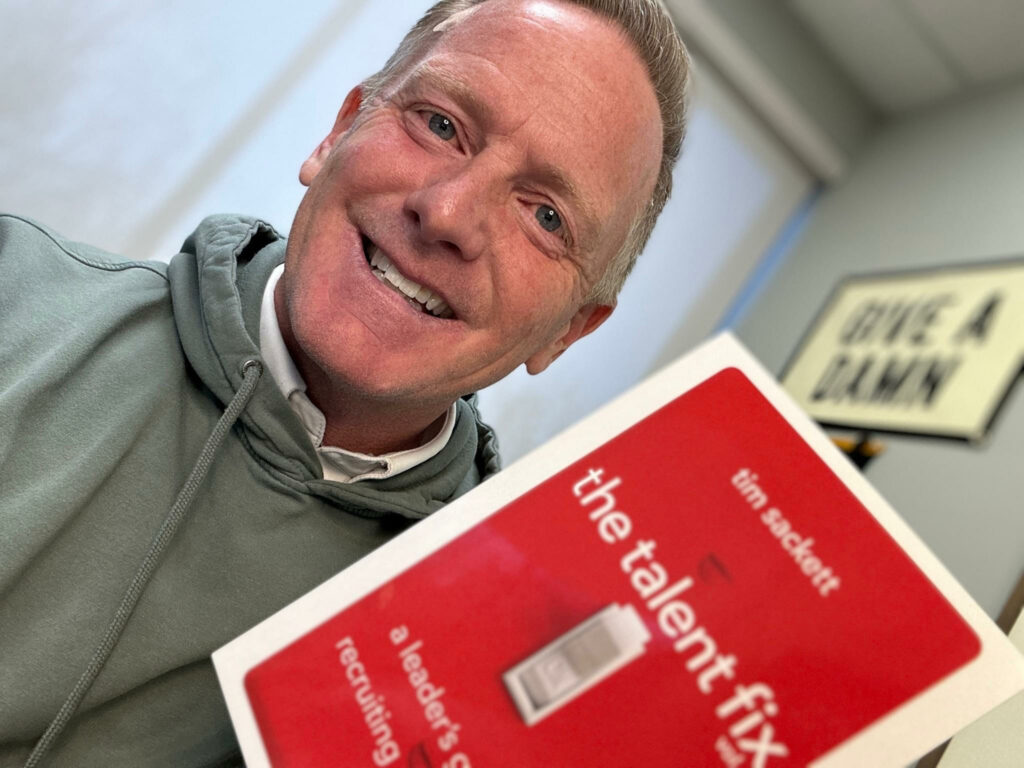Here’s the real talk: sooner or later, you or anyone in recruiting will feel the itch to shake things up, thinking it’ll make the process smoother, sharper, or just better. The old ways failed, usually because you didn’t create them, so you figure a makeover is in order to match today’s standards. The revamped process promises to make hiring managers happy and completely change how talent flows into your organization.
Sounds legit, right?
It does, been there, done that. But here’s the kicker – it won’t work. The ‘new’ process is just the same old one with a fancier look. Sure, it might be somewhat ‘better,’ but that’s not the issue. The real problem is you’re missing something crucial. Why the urge to ‘re-process’? Let’s say it’s about getting “more” out of your recruiting game – more talent, more compliance, happier managers, better retention, just more.
But let’s be real. If your current setup was delivering, you wouldn’t be fixing it.
Wondering why the ‘new’ process won’t be your golden ticket either? It’s not because you don’t want ‘more.’ You’re scared of it. ‘More’ means facing things you could dodge in the old routine.
That’s the real reason your ‘new’ process is set up to fail. Deep down, where water cooler talk doesn’t reach, you don’t actually want it to work.
Having a successful process means opening up to failure. It needs hard numbers, accountability, a clear line in the sand that screams “we own this.” Those things spell out success and shout out failure. Success is cool to show off, but no one wants to flaunt failure. So, you go on this ‘re-processing’ spree, hoping to secure success without risking failure. Newsflash: that’s not happening. Success only matters when you know what failure looks like.
Sure, failing as a team isn’t the end of the world, but on a personal level, it’s terrifying. This fear keeps you from building the process your organization actually needs. A process that calls out the winners and the not-so-great players. A process that pinpoints where things need fixing. A process that calls for clear decisions.
Why is your new recruiting process doomed? Because you’re not willing to build one that shows your failures.

